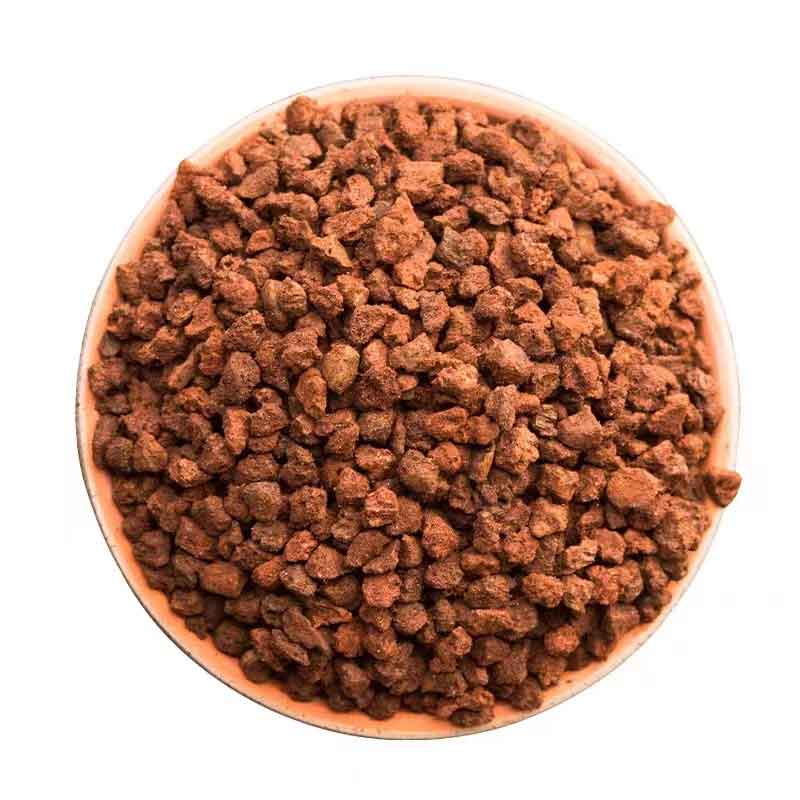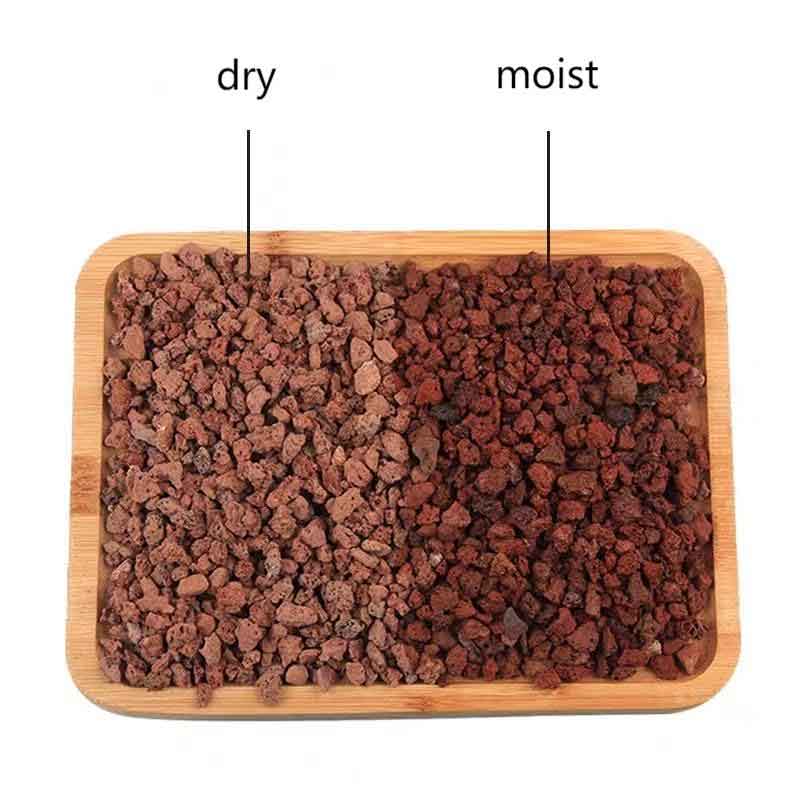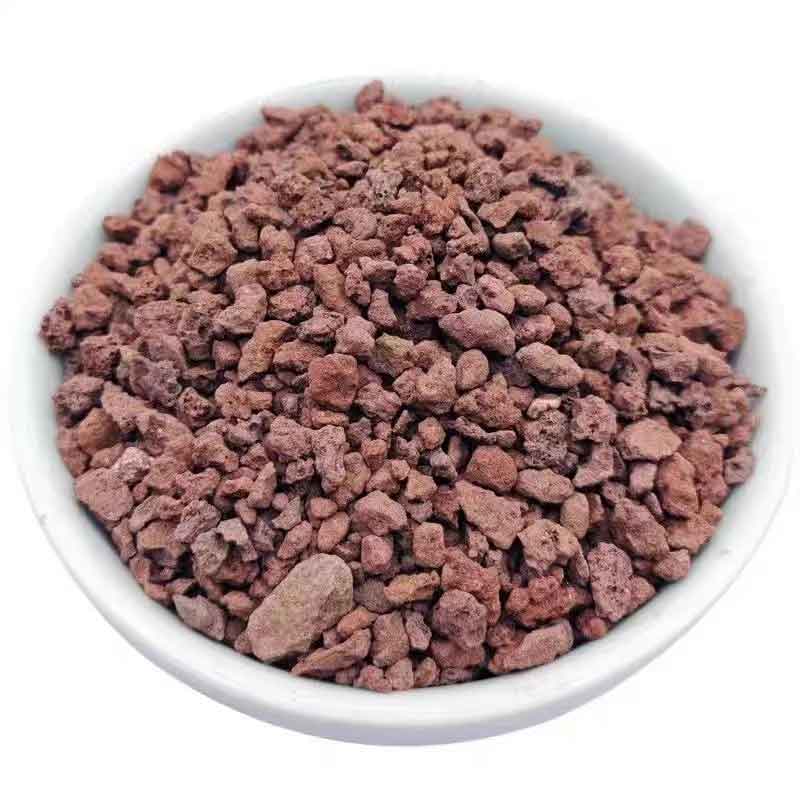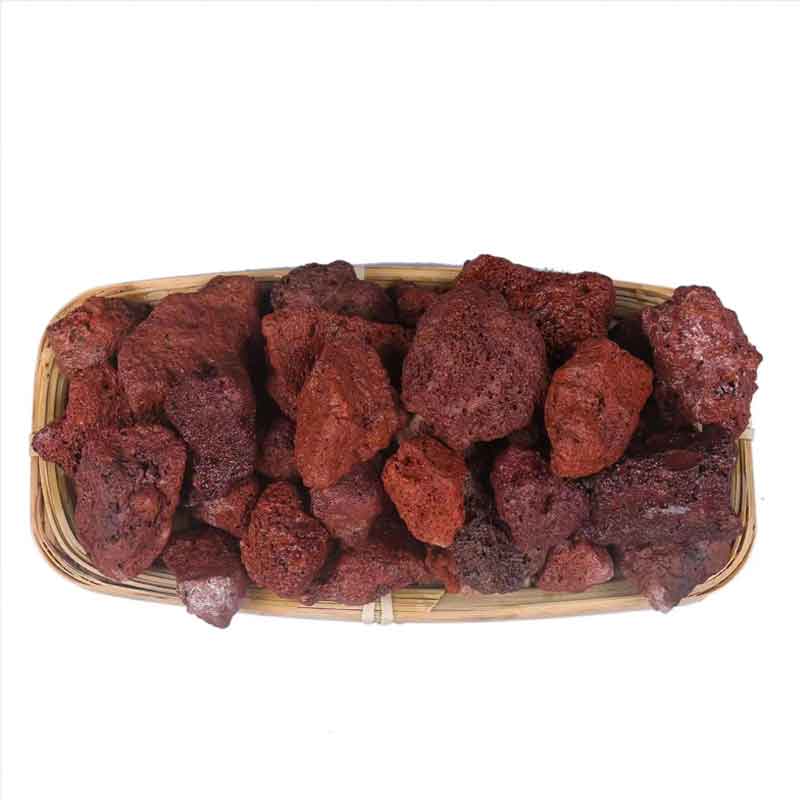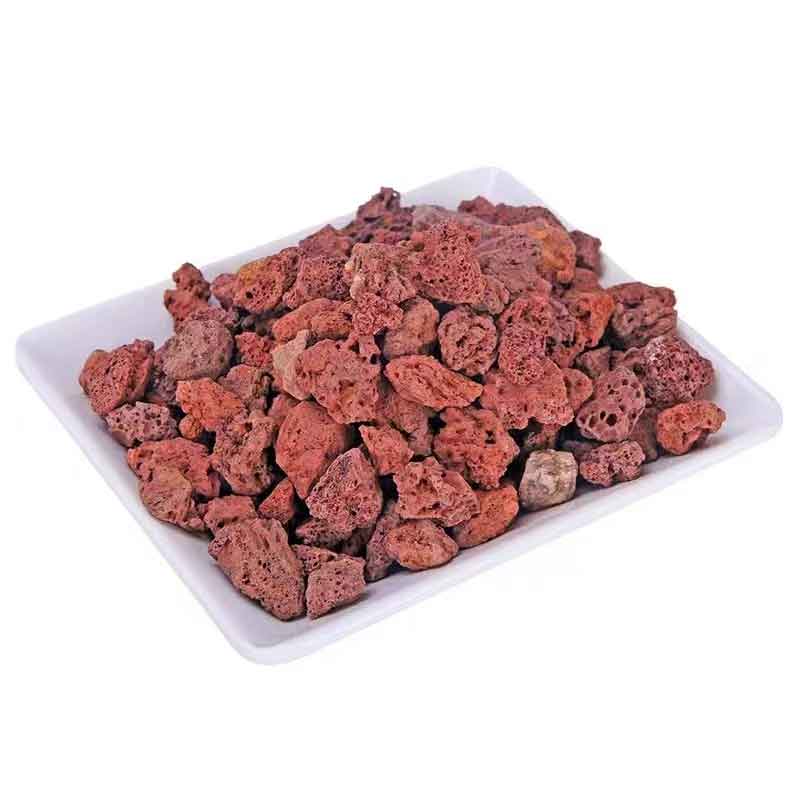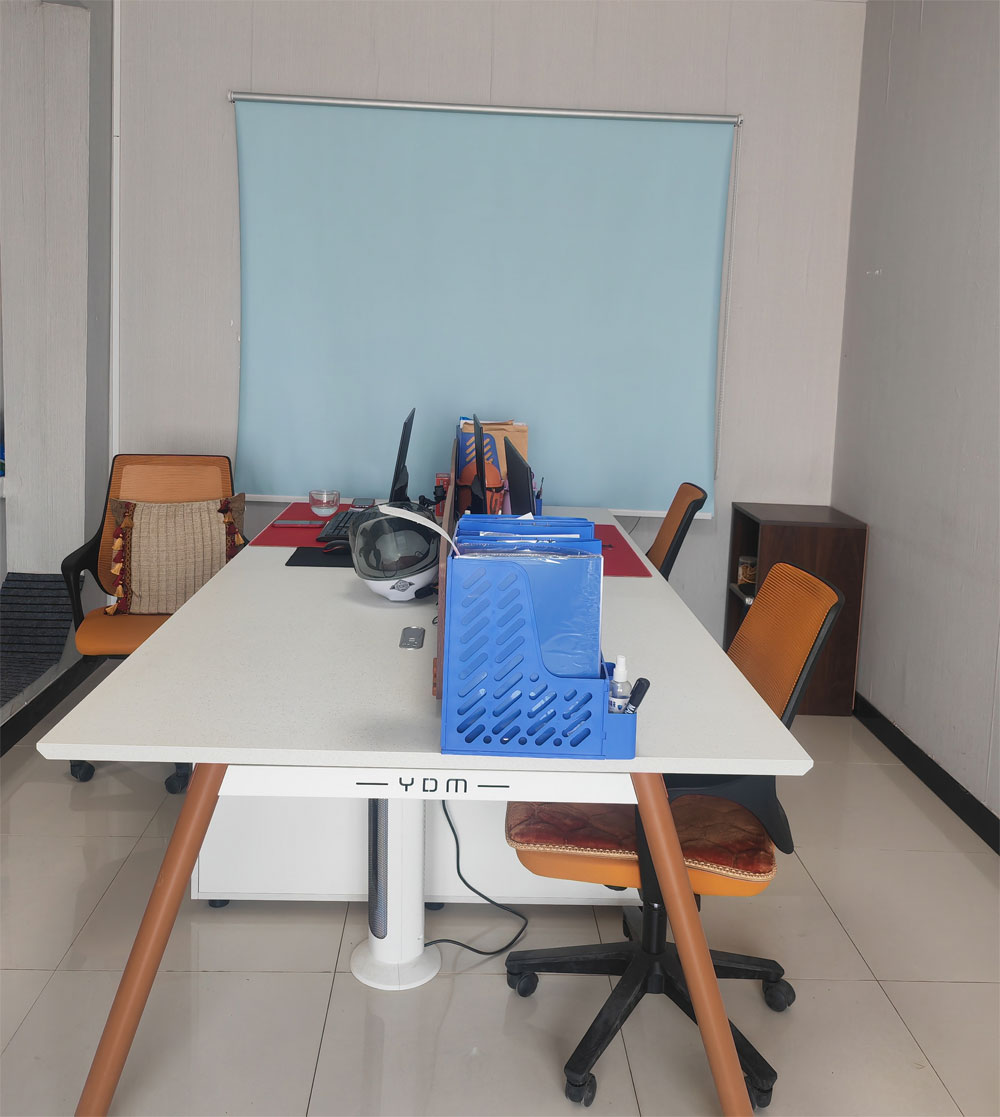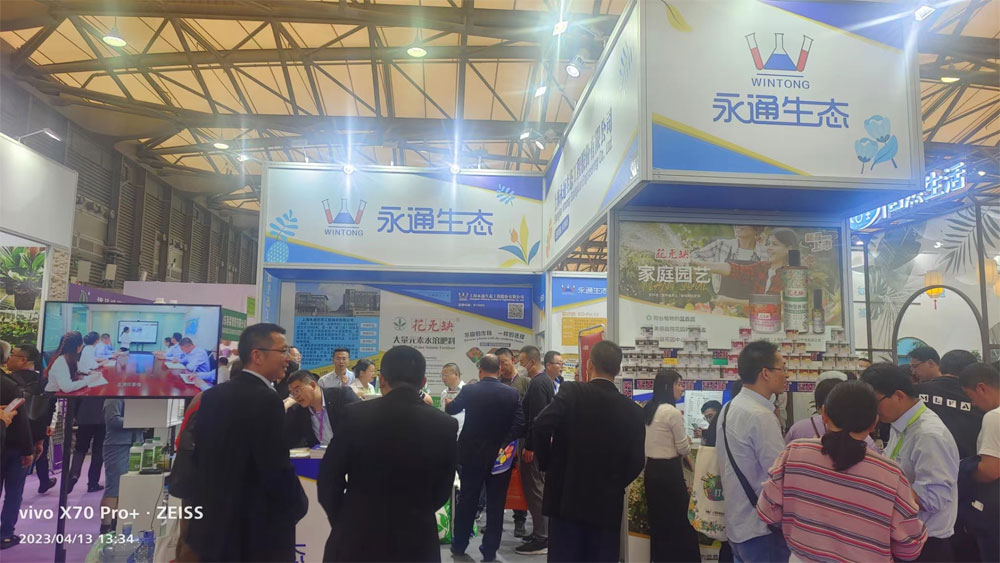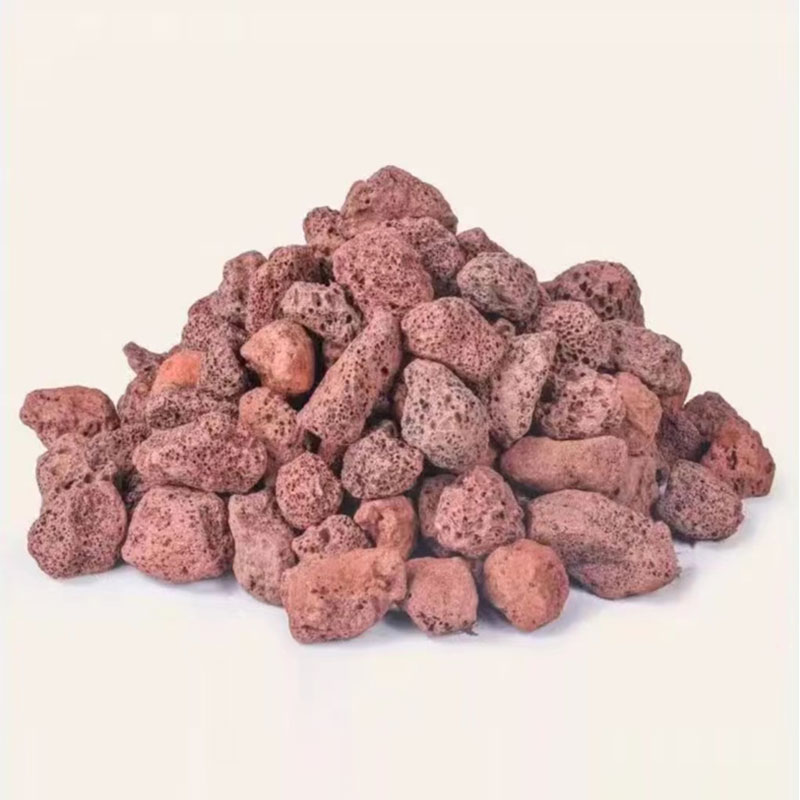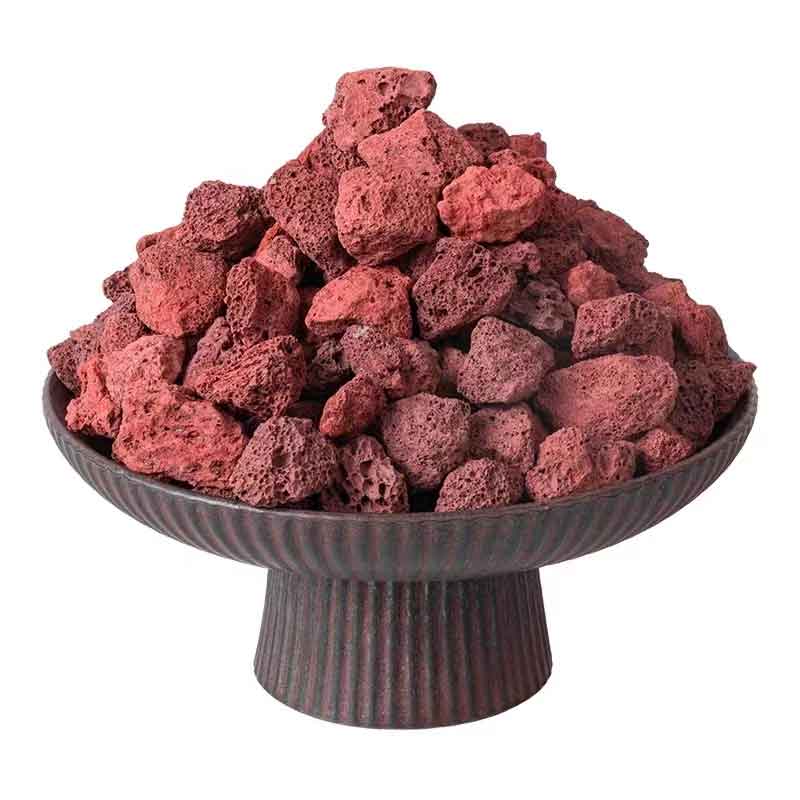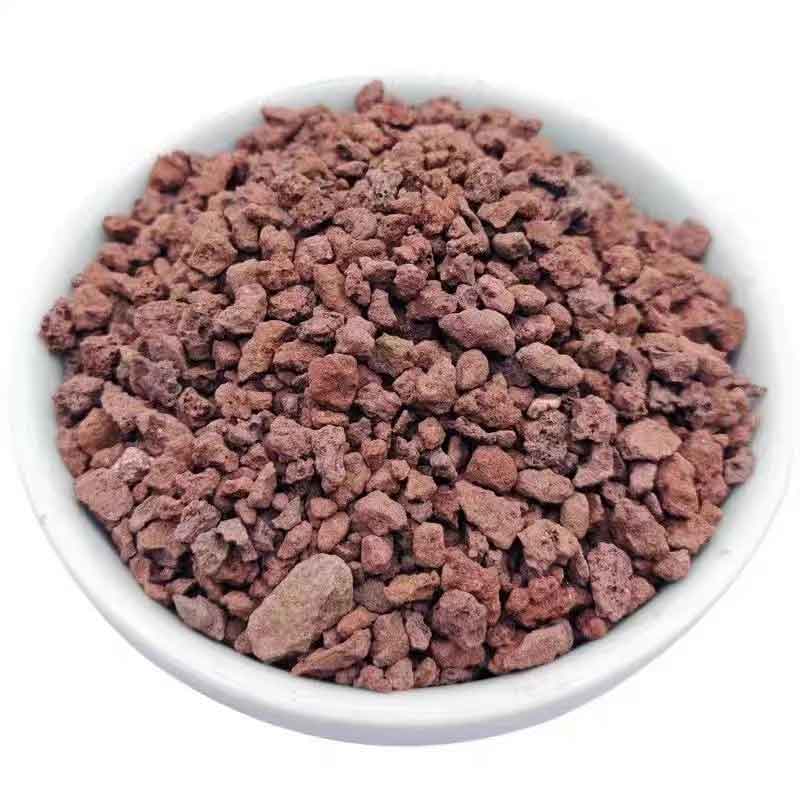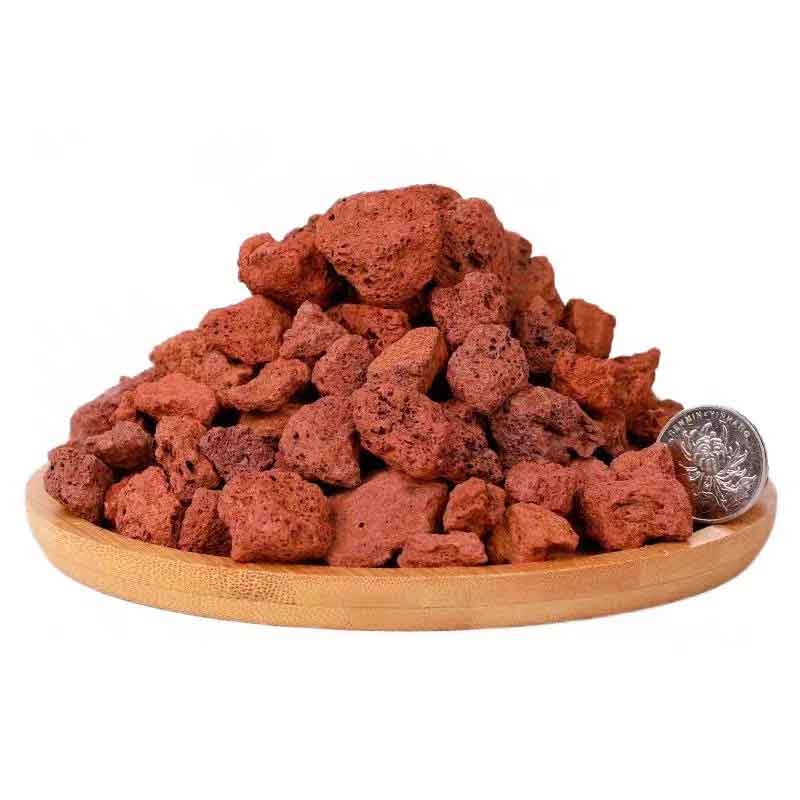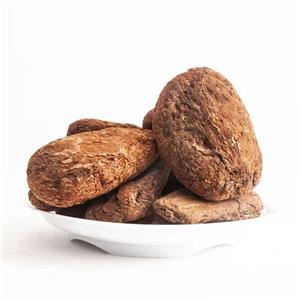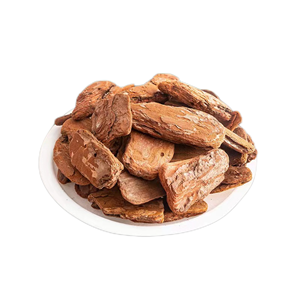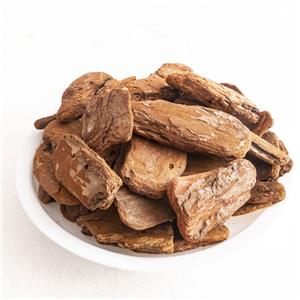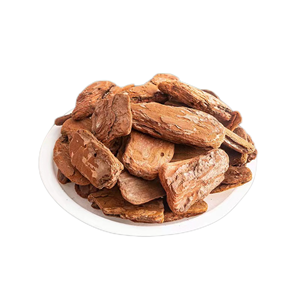Fish Tank Landscaping Volcanic Stone

- 北尤
- Shijiazhuang, China
- 1 Month
1. Volcanic rock is formed by volcanic eruptions for hundreds of millions of years, with high hardness and not easy to pulverize. It can be washed and used repeatedly.
2. Volcanic rock has a large specific surface area and many pores, which is conducive to the reproduction of nitrifying bacteria and purifies water quality.
3. The pores of volcanic rock are dense and uniform, and the porous structure has strong adsorption capacity, which can effectively absorb harmful substances and improve water quality.
Friends who keep fish like to put a layer of volcanic rocks on the bottom of the fish tank, but many people don’t understand why they do this. Here I will explain to you:
The role of volcanic stone in the fish tank:
First of all, the most intuitive point is that volcanic rocks play a very good role in landscaping, making the fish tank look not empty, red and beautiful, and can also fix aquatic plants.
2. Red volcanic stone has a good rust color effect on red dragons and so on. With the light, that piece of red makes the fish more beautiful.
3. Running water. Volcanic rocks can make the ions in the water active (mainly increase the content of oxygen ions) and can slightly release infrared rays, which are beneficial to dragon fish and humans. And the disinfection effect of volcanic rocks cannot be ignored. Adding them into the aquarium can effectively prevent and treat diseases.
4. Stabilize water quality. The role of volcanic rocks in stabilizing water quality is mainly manifested in two aspects: stabilizing PH value and mineral content in water.
5. Adsorption. The porous structure of volcanic rock can absorb harmful bacteria in water and heavy metal ions that affect living things. Placing volcanic rocks in the dragon fish tank can absorb the residue and feces that cannot be filtered out by the filter, and keep the water in the tank clean.
6. Optimize growth. Volcanic stone can improve the synthesis of protein in the dragon fish body and enhance immunity.
7. Nitrifying bacteria culture. The porosity and high surface area of volcanic rock is a good breeding ground for nitrifying bacteria, increasing the number of nitrifying bacteria.

